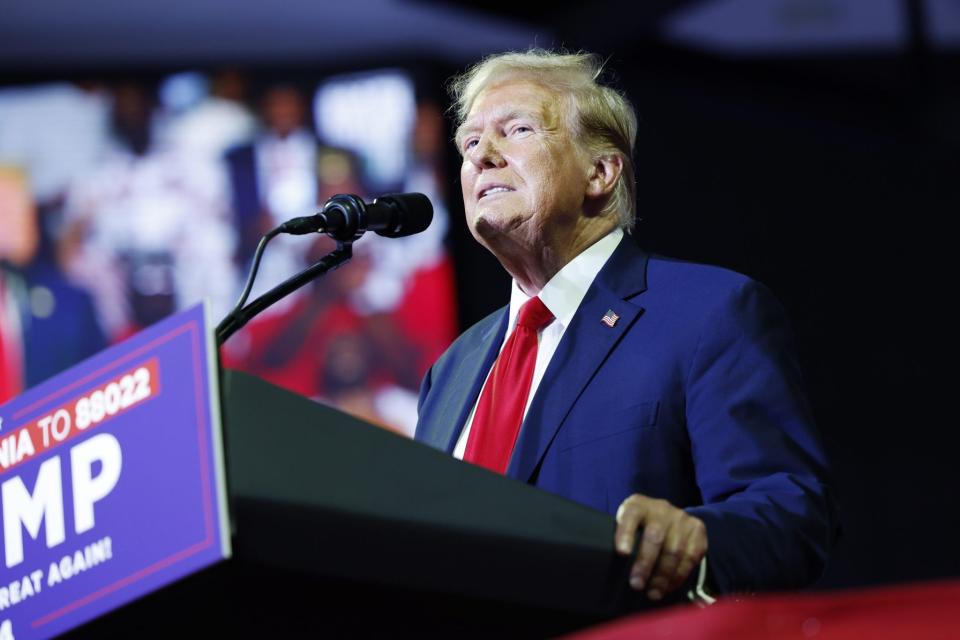Crypto markets give Trump a 59% chance of winning. Signal or noise?

The first presidential debate between Joe Biden and Donald Trump will take place in Atlanta this Thursday—a sign the 2024 election is fast approaching. In order to get a better sense of how the crypto crowd thinks it will turn out, I paid a visit to Polymarket, where bettors can wager stablecoins on the election results and just about anything else. What I found came as a surprise.
The odds as of Monday night give Trump a 59% chance of winning, and Biden just 34%. In practice, this means wagering $100 on the former president would net you $169, while betting on the current one offers a payout of $294. Leaving aside any partisan feelings, the odds struck me as unusual given that recent polls point to a small lead for Trump, including in battleground states, but nearly all are within the margin of error. So why do the betting odds reflect a Trump landslide?
I can think of two explanations. The first is that Polymarket has detected a trend that the pollsters have not. This is entirely possible given that polls have been notoriously off in recent elections as voters have become harder to reach in the post-landline era, and as respondents become more inclined to lie or to troll the pollsters. Meanwhile, prediction markets like Polymarket are considered high-signal since people have an economic stake in the outcomes they express.
The other explanation is that Polymarket is wrong. This also seems possible given that the crypto sector as a whole seems to favor Trump, meaning the sample—as reflected by the voting odds—is skewed and not representative of the average voter. Put another way, many of the bettors on Polymarket may be displaying a cognitive bias that comes from living in an echo chamber. All of this could also be reinforced by the fact crypto is emerging as this cycle's biggest “Trump Trade”—a term that describes investors looking to capitalize on asset sectors that are poised to benefit if the former president is reelected.
What do you think? I find that either of the above explanations are plausible, and would also point out that it's still only June and many things could happen to shake up the race—including Thursday's debate, which will, to the dismay of many Americans, pit a 78-year-old versus an 81-year-old. Finally, if you are curious about Polymarket, check out this intriguing DL News profile of one of the site's most prolific bettors.
Jeff John Roberts
jeff.roberts@fortune.com
@jeffjohnroberts
This story was originally featured on Fortune.com

 Yahoo Finance
Yahoo Finance 